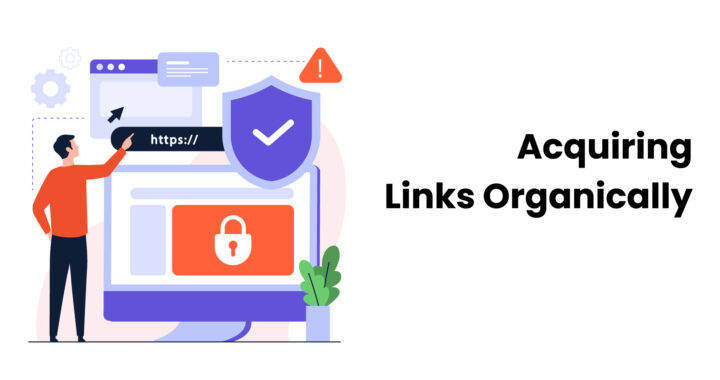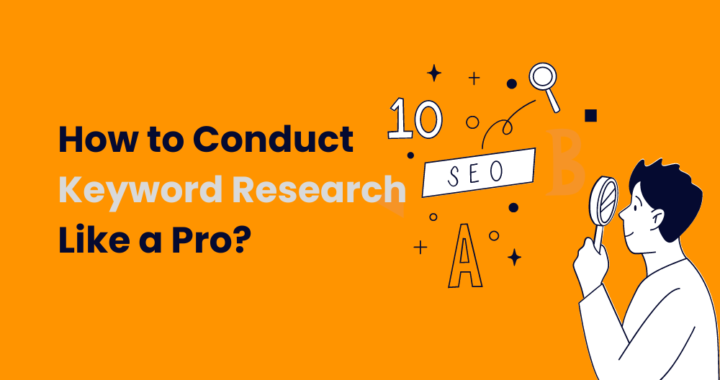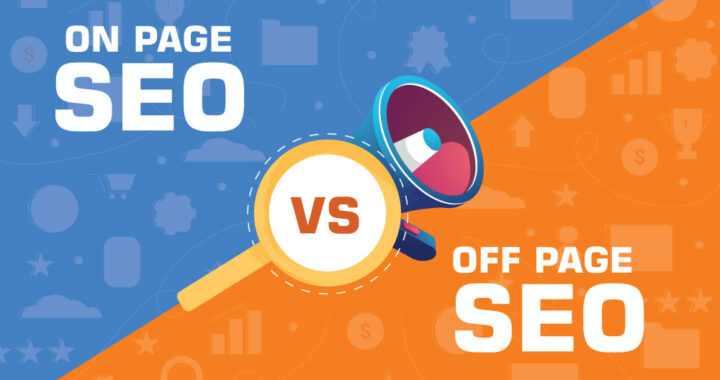Google’s search algorithm is constantly evolving to provide the best possible results to users. With every update, businesses and digital marketers need to adapt their strategies to maintain or improve their rankings. The latest Google algorithm update has brought several changes that impact search rankings, user experience, and content quality. In this article, we will break down the key aspects of this update, its implications, and what you can do to stay ahead.
Understanding Google’s Algorithm Updates
Google updates its algorithm regularly to enhance search accuracy and relevance. These updates range from minor adjustments to major overhauls that can significantly alter search rankings. While Google does not always disclose the exact details of each update, industry experts analyze shifts in rankings to understand the core changes.
The latest update focuses on improving user experience, rewarding high-quality content, and penalizing manipulative SEO tactics. Here are the most critical aspects of this update:
1. Content Quality and Relevance
This update strengthens the importance of:
Expertise, Authoritativeness, and Trustworthiness (E-A-T): Websites with credible, well-researched, and authoritative content rank higher.
Originality and Depth: Thin or duplicate content is penalized, while in-depth, unique, and well-researched articles are rewarded.
User Engagement Metrics: Bounce rate, time on page, and interaction levels influence rankings more than ever.Continue reading




